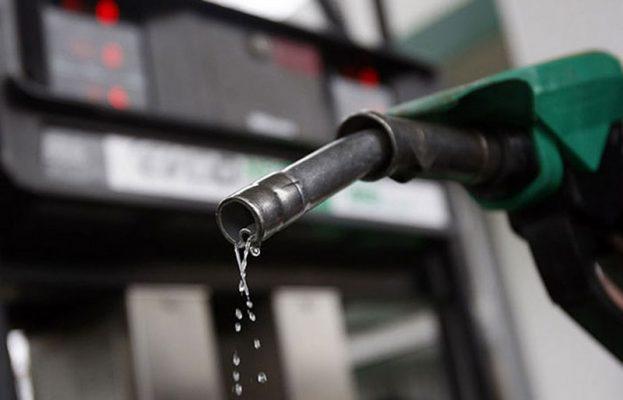The petroleum import bill in Nigeria has reportedly fallen significantly in the first quarter of 2025, dropping to N1.76tn from the N3.81tn recorded in the same period in 2024, representing a difference of over N2tn.
According to Punch, the latest foreign trade statistics report released by the National Bureau of Statistics represents a 54 per cent year-on-year decline.
The sharp fall also reflects a 47 per cent reduction from the fourth quarter of 2024, when petrol imports stood at N3.3tn. The decline has been largely attributed to increased domestic supply from the Dangote Petroleum Refinery, which has been ramping up operations in the country.
The refinery’s growing contribution is beginning to displace foreign petrol suppliers and reduce Nigeria’s long-standing dependence on imported refined fuel.
Report also revealed that a five-year trend analysis shows a steady rise in petrol imports until 2024. In Q1 2020, petrol imports stood at N732bn, rising to N1.29tn in Q1 2021 and more than doubling to N2.69tn in Q1 2022.
Although the figure slightly dipped to N2.03tn in Q1 2023, it spiked to an all-time high of N3.81tn in Q1 2024. The sharp reversal in 2025 to N1.76tn marks a return to pre-2022 levels and signals a possible structural shift in the country’s petroleum trade dynamics.
The report further shows that petrol was Nigeria’s most imported product from ECOWAS countries in Q1 2025, accounting for N89.18bn or 44.51 per cent of all imports from the region.
It also represented 41.86 per cent of Nigeria’s total imports from West Africa and 11.63 per cent of imports from the entire African continent.
Despite gains in local refining, these figures indicate that regional trade routes remain crucial in meeting domestic fuel demand, especially as full local sufficiency is yet to be achieved.
Other notable petroleum-based imports from the ECOWAS region during the quarter included gas oil (N23.15bn) and petroleum bitumen (N20.58bn), further highlighting the sector’s influence on Nigeria’s trade profile.
Petrol also featured among the top five most imported commodities nationwide, alongside gas oil, crude petroleum oils, cane sugar for refining, and durum wheat.
The NBS report read, “The most traded commodities imported during the quarter were, Gas oil, Motor spirit ordinary, Petroleum oils and oils obtained from bituminous minerals, crude, Cane sugar meant for sugar refinery, and Durum wheat (Not in seeds).”
The declining import trend corresponds with the growing influence of the Dangote Petroleum Refinery, which is currently producing around 85 per cent of its 650,000 barrels per day installed capacity.
The refinery’s entry has created greater competition in the downstream market, with petrol retail prices in Lagos dropping to as low as N860 per litre in early 2025.
However, operations at the facility have faced early challenges. In March, Dangote Refinery temporarily suspended local currency sales due to difficulty in sourcing foreign exchange, as the refinery purchases crude oil in dollars but receives payments in naira.
The Federal Government has since stepped in to resolve the naira-for-crude bottleneck, allowing the refinery to continue the deal and reducing Nigeria’s reliance on petrol imports.









